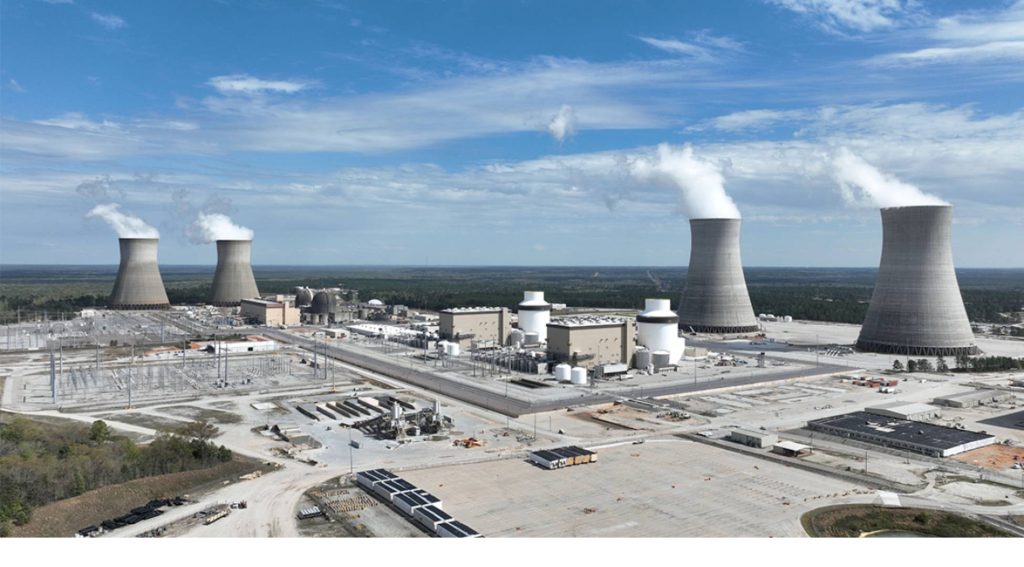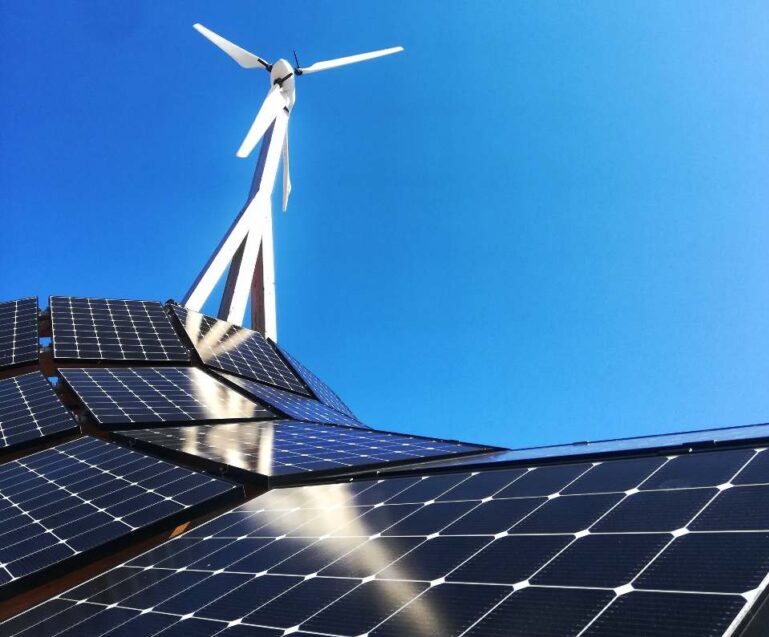India has plans to amend its nuclear liability legislation to limit accident-related penalties for equipment suppliers to revive foreign investment and boost the sector’s growth in the nuclear sector.
The proposed amendments aim to increase nuclear power generation by 12 times to 100 gigawatts by 2047 under Prime Minister Narendra Modi’s ambitious plan.
The existing law holds plant operators and equipment suppliers liable for damages in case of an incident, making companies reluctant to sign deals with India. Ms Sitharaman also proposed a change in regulation to allow private businesses to enter the nuclear power generation segment.
The government will amend its civil nuclear liability law, which has deterred foreign technology suppliers from building projects in the country. Balancing this initiative with investments in renewable energy sources is crucial for India’s environmental goals.
To deploy nuclear power at scale, issues such as technology, fuel, safety, liabilities, and costs will need to be addressed. The government will allocate Rs 200 billion ($2.3 billion) for research and development of small and modular reactors (SMRs) to have at least five locally made SMRs by 2033.
It must be noted that the amended bill, expected to be introduced in the Monsoon Session in July, is crucial for nuclear energy expansion and a US trade deal aiming for $500 billion by 2030.
Task force:
Additionally, the GOI has established two task forces to amend the Atomic Energy Act and address private suppliers’ concerns, paving the way for private sector participation in nuclear power.
These task forces will focus on nuclear safety, security, waste management, and supplier liability under the civil liability for nuclear damage act.
A task force has been constituted in the Department of Atomic Energy (DAE) to look into the amendments required in the Atomic Energy Act. It has members from DAE, AERB, NPCIL, NITI Aayog, MoLJ and MEA, and is looking into various aspects like build, own, operation of NPPs by the private sector; nuclear safety; security; safeguards; fuel procurement/fabrication; waste, management; spent fuel reprocessing; etc.
In addition, a separate task force is looking into the Civil Liability for Nuclear Damage Act (CLND Act) to address the concerns raised by private suppliers.
It must be noted that FM Sitharaman, in the 2025 budget, announced plans to deploy 100 GWe of nuclear energy by 2047, essential for net-zero by 2070.
The mission aims to provide reliable energy alternatives to fossil fuels, replace retiring thermal power plants, and establish captive plants for energy-intensive industries. The Department of Energy (DAE) is developing Small Modular Reactors (SMRs) and has allocated Rs 20,000 crore for deployment by 2033.













